Libya: Struggle to survive as services collapse
With no end in sight to the fighting in Libya, people are losing hope of ever returning to normal life. Many regions face regular power cuts, water cuts and fuel shortages, and it is becoming …
With no end in sight to the fighting in Libya, people are losing hope of ever returning to normal life. Many regions face regular power cuts, water cuts and fuel shortages, and it is becoming …
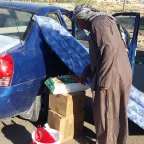
ICRC linking separated families back together Every year, millions of people are displaced by armed conflicts, violence, and disasters. Reportedly, Southern Africa hosts millions of vulnerable …

… impacts food production, income and available jobs. "At the same time, around 80% of the …
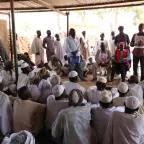
At the ICRC, we offer employees the opportunity to work in diverse teams around the world, using their skills to make a genuine difference. Different ways to join the ICRC Resident employees These …

Babagana, Gubio Camp, Maiduguri Babagana Adam is a 50-year old livestock keeper displaced from Ngala local government area to Gubio camp, in Maiduguri. ICRC assisted him to restart his business by …

… for all. "Before this conflict, we all had jobs. We continued working past pension age," …
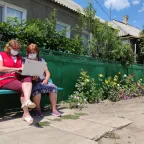
… by fishing in the pond and doing whatever odd jobs we can find but it is not enough. Since …
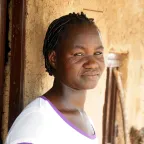
In Mali, people’s lives continue to be heavily impacted by the conflict there. Back in September, Martin Schüepp, the new director of operations at the International Committee of the Red Cross (ICRC) …
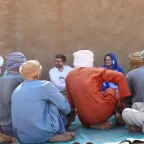
“The hardest part about working as a forensic doctor is experiencing grief alongside the families. And it’s a different grief because the death was violent, not natural,” says Yesenia Delgado, a …

… workers are safe and able to carry out their jobs is crucial for their protection and …
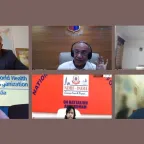
Try one of the following resources:
Created in 1863, the ICRC library, alongside the ICRC archives, provides an indispensable documentary reference on the organization itself and international humanitarian law.
International humanitarian law is based on a number of treaties, in particular the Geneva Conventions of 1949 and their Additional Protocols, and a series of other instruments.
Customary international humanitarian law consists of rules that come from "a general practice accepted as law" and that exist independent of treaty law.